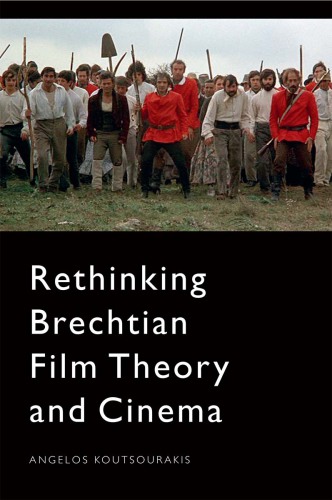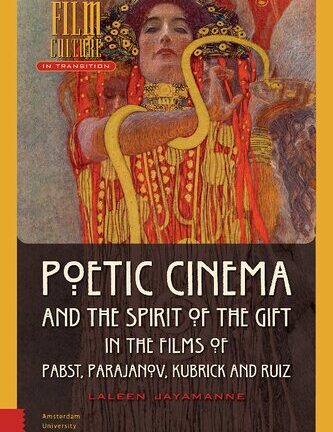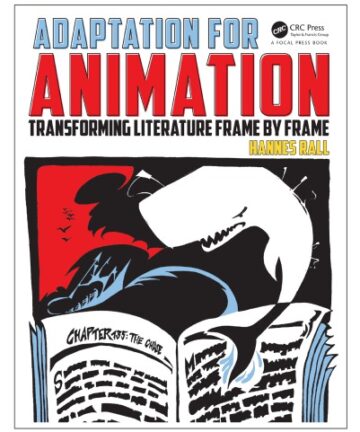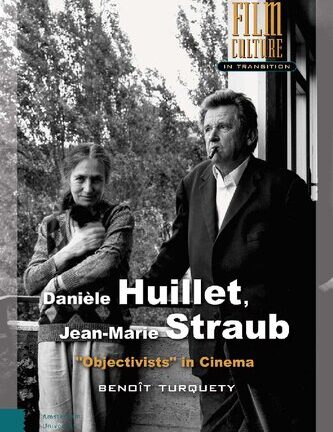Description
Making a compelling argument for the continuing relevance of Brechtian film theory and cinema, this book offers new research and analysis of Brecht the film and media theorist, placing his scattered writings on the subject within the lively film theory debates that took place in Europe between the 1920s‐1960s. Furthermore, Angelos Koutsourakis identifies key points of convergence between Brecht’s ‘unfinished project’ and contemporary film and media theory. With case studies of films ranging from Robert Roberto Rossellini’s Paisà to Bernardo Bertolucci’s 1900 and Joshua Oppenheimer’s The Act of Killing amongst others, this study challenges many existing preconceptions about Brecht’s theoretical position and invites readers to discover new ways of apprehending and making use of Brecht in film studies.






Reviews
There are no reviews yet.